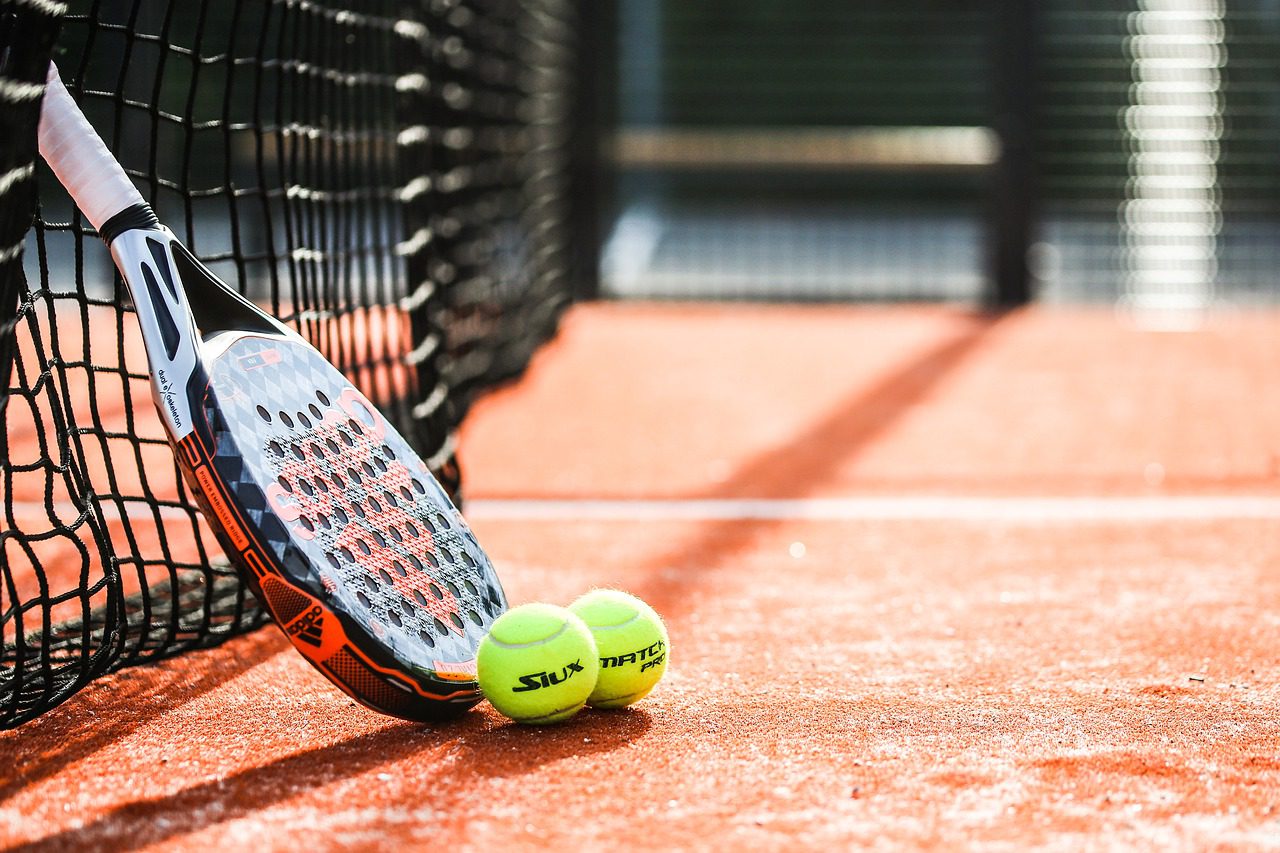Individuality in sports is an entirely different ball game. Even though you have been playing a sport your entire life does not mean you do not follow ethics or have adequate determination to excel. Such sports can be demanding as they allow you to manage stress, set...
Mental Toughness: The Advantages of Individual Sports
Continue Reading









